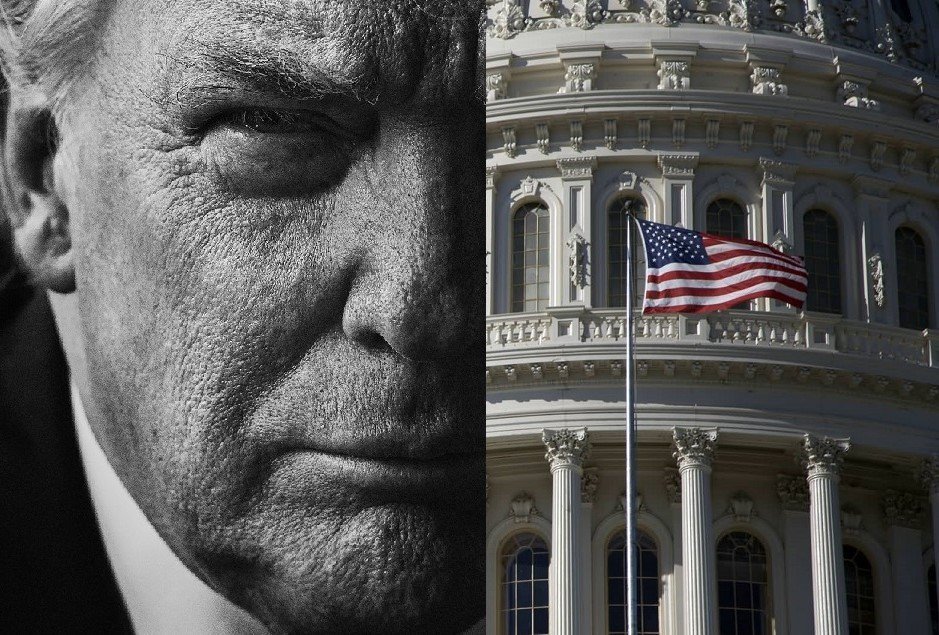The House voted today to increase COVID-19 relief checks to $2,000, meeting President Trump’s demand for bigger payments and sending the bill to the GOP-controlled Senate, where the outcome is uncertain.
Democrats led passage, 275-134, their majority favoring additional assistance.
The vote divides Republicans who mostly resist more spending.
But many House Republicans joined in support, despite being wary of bucking the president.
Senators are set to return to session Tuesday to consider the measure.
House Speaker Nancy Pelosi declared, “Republicans have a choice: Vote for this legislation or vote to deny the American people” the assistance she said they need during the pandemic.
Rep. Kevin Brady of Texas, acknowledged the division and said Congress had already approved ample funds during the COVID crisis. “Nothing in this bill helps anybody get back to work,” he said.
The House also mustered enough vote today to reject Trump’s veto of a $741 billion defense authorization bill, setting up the first congressional override of his presidency just days before he exits office.
Trump made good on repeated threats to veto the legislation last week, when he sent the bill back to Congress with a laundry list of objections.
Among the president’s complaints were that it ordered the Pentagon to change the names of military installations commemorating Confederate generals; restricted his ability to pull U.S. troops out of Germany, South Korea and Afghanistan; and did not repeal an unrelated law giving certain liability protections to technology companies.
His move led some of his stalwart supporters, including House Minority Leader Kevin McCarthy (R-Calif.), to announce that they would not cross the president’s veto, even though they had voted for the defense bill.
But despite those gestures of solidarity, Trump has never had the numbers to sustain a veto, according to congressional officials.
Since the summer, the National Defense Authorization Act — an annual measure authorizing funds for everything from overseas military operations to pay increases for service members — has had overwhelming, veto-proof support in both chambers of Congress and the backing of a majority of each political party.
Over several weeks, many leading Republicans, particularly in the Senate, engaged in a concerted effort to get Trump to back off his veto threat, arguing that if the president’s push to retain the Confederate names kept the defense bill — for the first time in six decades — from becoming law, he would be on the wrong side of history.
They also appealed to Trump to abandon his insistence that the bill repeal Section 230 of the Communications Decency Act, a law that shields social media companies from legal liability for what third parties post to their websites.
Trump has taken special aim at the law as part of his vendetta against Facebook, Google and Twitter for what he alleges is anti-conservative bias.
